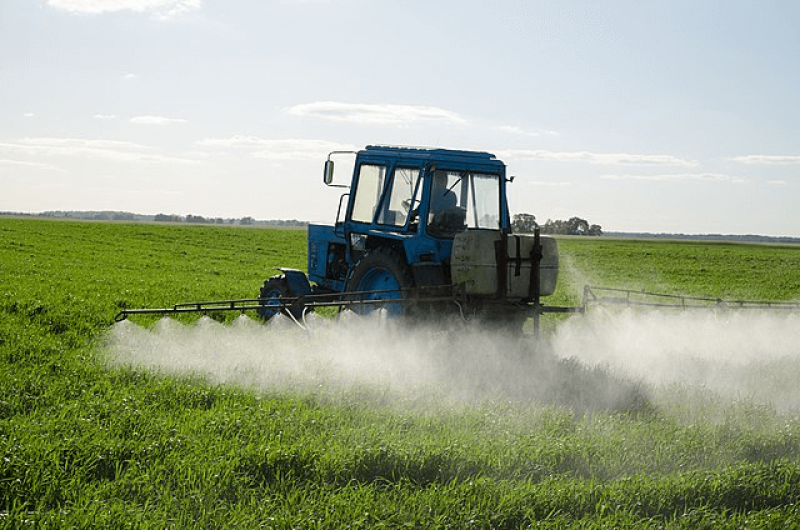Viewpoint: Why a glyphosate ban would lead to use of ineffective and more toxic alternatives
Viewpoint: Why a glyphosate ban would lead to use of ineffective and more toxic alternatives


A complete ban on the use of glyphosate in agriculture in the short term will lead to farmers more frequently using other pesticides and also non-chemical alternatives that, on balance, are not necessarily better for humans, the environment, soil life and the climate. This is what agronomist field researchers from Wageningen University & Research warn in a memorandum prepared at the request of the Dutch parliament’s committee on Agriculture, Nature & Food Quality.
The main message of the prepared memorandum is: glyphosate scores better from an agricultural point of view and in terms of feasibility of investments in money and manpower than the current alternatives. In addition, many of the existing chemical alternatives to glyphosate are not necessarily better for humans and the environment. Moreover, many of the current non-chemical alternatives (e.g. ploughing) are more unfavourable to soil life and climate change mitigation.
In their note, the experts emphasise that they are not advocating the widespread use of glyphosate, but that they fear that banning the herbicide completely in the short term may not necessarily be an improvement. Their expectation is that growers will initially switch to other existing chemical alternatives, which are agriculturally less effective and will therefore be used more intensively.
This is an excerpt. Read the original post here

 | Videos | More... |

Video: Nuclear energy will destroy us? Global warming is an existential threat? Chemicals are massacring bees? Donate to the Green Industrial Complex!
 | Bees & Pollinators | More... |

GLP podcast: Science journalism is a mess. Here’s how to fix it

Mosquito massacre: Can we safely tackle malaria with a CRISPR gene drive?

Are we facing an ‘Insect Apocalypse’ caused by ‘intensive, industrial’ farming and agricultural chemicals? The media say yes; Science says ‘no’
 | Infographics | More... |

Infographic: Global regulatory and health research agencies on whether glyphosate causes cancer
 | GMO FAQs | More... |

Why is there controversy over GMO foods but not GMO drugs?

How are GMOs labeled around the world?

How does genetic engineering differ from conventional breeding?
 | GLP Profiles | More... |

Alex Jones: Right-wing conspiracy theorist stokes fear of GMOs, pesticides to sell ‘health supplements’




 Viewpoint — Fact checking MAHA mythmakers: How wellness influencers and RFK, Jr. undermine American science and health
Viewpoint — Fact checking MAHA mythmakers: How wellness influencers and RFK, Jr. undermine American science and health Viewpoint: Video — Big Solar is gobbling up productive agricultural land and hurting farmers yet providing little energy or sustainabilty gains
Viewpoint: Video — Big Solar is gobbling up productive agricultural land and hurting farmers yet providing little energy or sustainabilty gains Fighting deforestation with CO2: Biotechnology breakthrough creates sustainable palm oil alternative for cosmetics
Fighting deforestation with CO2: Biotechnology breakthrough creates sustainable palm oil alternative for cosmetics Trust issues: What happens when therapists use ChatGPT?
Trust issues: What happens when therapists use ChatGPT? 30-year-old tomato line shows genetic resistance to devastating virus
30-year-old tomato line shows genetic resistance to devastating virus California, Washington, Oregon forge immunization alliance to safeguard vaccine access against federal undermining
California, Washington, Oregon forge immunization alliance to safeguard vaccine access against federal undermining The free-range chicken dilemma: Better for birds, but with substantial costs
The free-range chicken dilemma: Better for birds, but with substantial costs ‘You have to treat the brain first’: Rethinking chronic pain with Sanjay Gupta
‘You have to treat the brain first’: Rethinking chronic pain with Sanjay Gupta
